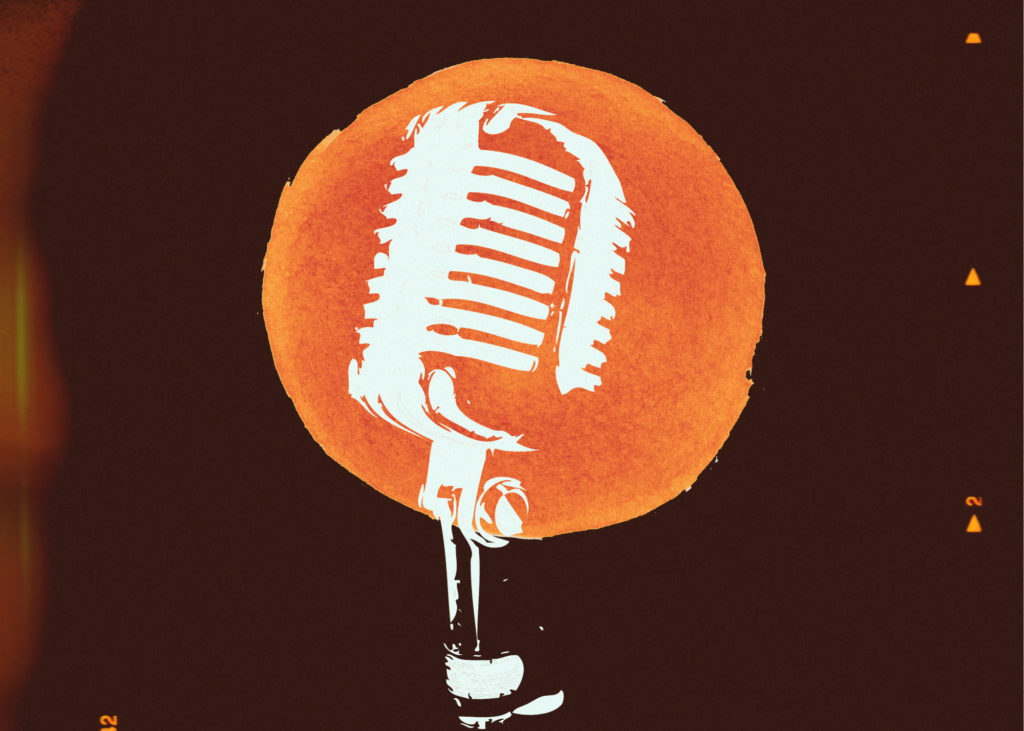Culture | February 5th, 2022
How Black Podcasts Capitalize Misogynoir
By: Zion Lampley

Misogynoir has become the focal point where podcast and social media live streaming personalities monopolize their contempt towards Black women. The dialogue on various social networking sites about the content of a Black women’s lifestyle has listeners scolding podcast speakers.
Recently, Myron Gaines and Walker Weekes — podcast hosts of the Fresh & Fit Podcast — were criticized for a resurfaced clip of the two calling themselves “high value” men who are opposed to dating Black women. “Hey Bro, if you want to date a bunch of Shanequa’s go for it; me and Fresh [Weekes] aren’t really down with the brown like that; we ain’t night riders,” Gaines said while speaking about the dating app BLK. He continued, “Me and Fresh don’t dabble in the dark if you know what I’m saying.” In response to the backlash, the podcast hosts merely called their content “satire.”
Kevin Samuels, media and image consultant, capitalizes off an Anglo-Saxon ideology to demean Black women. “Your biggest enemy is the Hispanic women. She understands how to season food. She understands sensuality, femininity and she was raised in a patriarchal environment. The difference between femininity and fake feminity is amazing. Black women, you have a problem —the Latina problem,” said Samuels in a webcast.
“As long as sexism, racism, and patriarchy exist, Black women will always be the target”
Podcasts that position themselves under the guise of representing Black culture continue to highlight negative stereotypes against Black women. “As long as sexism, racism, and patriarchy exist, Black women will always be the target,” said Kiana Stevenson.
Stevenson is a mass media arts student at Clark Atlanta University and the creator of the Black Girl Banter, a podcast space for genuine conversations about liberation and Black womanhood. After noticing this pattern, Stevenson uses her platform to offer different approaches to how Black women are typically discussed, featuring and fostering impactful conversations of Black womanhood.
“Black women are the target because we’re the blueprint”
The same biases that deny Black women respect have become a lucrative market. Even Black podcasters feel comfortable speaking, perpetuating negative stereotypes without recognizing the consequences of their defaming actions. “Black women are the target because we’re the blueprint,” said Loyce Gedeus, a fourth-year political science student at Florida A&M University and avid podcast listener.
Tempering the problematic nature within the podcast industry can be difficult, but rising Black podcasters are offering different approaches to the content they produce. Tyronza Hicks, a multi-podcast producer, digs into topics relating to the lives of Black men, Black trauma, acceptance, spirituality, and R&B music on his podcasts “The Opinionated Bruhtha, R&B N’ Chill Podcast, The DeVonta’s World Podcast, and The Black Men Win Podcast.”
“What Fresh & Fit said was the underbelly of what they’ve been stewing for days. The comment rolled out their mouths like it was rehearsed, and we finally know it’s how they feel about Black women,” said Hicks.
Tasha K, the creator of the YouTube podcast UnwinewithTashaK, has also been criticized for promoting misinformation about Black women. “And if you are a public figure, that pushes this image in this lifestyle for likes, views and a way to make money in our society, then I and we have the duty to exercise our First Amendment right as traditional media and new-age digital media analyst, to say ‘No, just say this ain’t it,‘” said Tasha K in a previous interview.
Her cruel sentiments have even led her to face lawsuits. Recently, rapper Cardi B won a lawsuit against the YouTuber and received 1.25 million in damages for defamation, invasion of privacy, and intentional infliction of emotional distress. “Tasha K has disrespected so many Black women, and the guilty verdict to her defamation lawsuit should be a lesson of what not to do in this industry,” said Hicks.
For listeners like Gedeus and podcasters Stevenson and Hicks, there is a glaring lifestyle for podcasters to profit off of, garnering viewers that refuse to hold podcasters accountable for capitalizing misogynoir.






